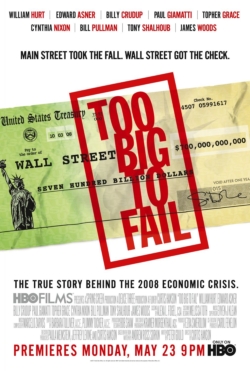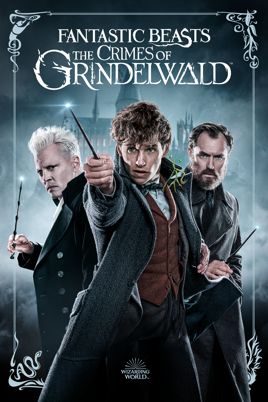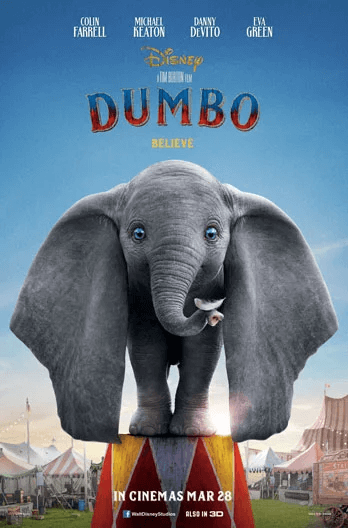
SPOILERS
Steve Rogers: You know, I saw a pod of whales when I was coming up the bridge.
Natasha Romanoff: In the Hudson?
Steve Rogers: There’s fewer ships, cleaner water.
Natasha Romanoff: You know, if you’re about to tell me to look on the bright side, um, I’m about to hit you in the head with a peanut butter sandwich.
Steve Rogers: Sorry. Force of habit.
How do yo review only an ending? It would be like reviewing only the last 45 pages of a Robert Jordan book that's in the middle of The Wheel of Time series? Is that even possible?
Oh and that quote, I like it, but, it broke my concentration on the film because as far as I know whales can't live in freshwater like the Hudson. I checked at least 3 sources on the internets...I know, I know, not authoritative...and searched for distinctions between fresh and brackish water as the Hudson is a tidal estuary in places, but no where did anyone say that whales can live in freshwater.
Endgame was satisfying for those who were invested and seen all the other parts, enjoyable for those who are casual observers, and a remarkable production feat. And yet here's me not impressed by a stunning achievement; breathtaking in its scope, unsurpassed in its planning, meticulously written for each and every actor/character. I loved every second in the theater. There's even a MAC grad featured heavily #HeyMAC. But after consideration, I look for more in a movie. (And, of course, more MAC grads #HireMAC)
Very little is wrong with Endgame and I am the one who is flawed...but such is the way of reviews.
My critiques:
Oh and that quote, I like it, but, it broke my concentration on the film because as far as I know whales can't live in freshwater like the Hudson. I checked at least 3 sources on the internets...I know, I know, not authoritative...and searched for distinctions between fresh and brackish water as the Hudson is a tidal estuary in places, but no where did anyone say that whales can live in freshwater.
Endgame was satisfying for those who were invested and seen all the other parts, enjoyable for those who are casual observers, and a remarkable production feat. And yet here's me not impressed by a stunning achievement; breathtaking in its scope, unsurpassed in its planning, meticulously written for each and every actor/character. I loved every second in the theater. There's even a MAC grad featured heavily #HeyMAC. But after consideration, I look for more in a movie. (And, of course, more MAC grads #HireMAC)
Very little is wrong with Endgame and I am the one who is flawed...but such is the way of reviews.
My critiques:
- By knowing they are going to win, we diminish the cathartic release.
- There was a trailer for the next Spiderman movie as a trailer.
- I know that's basically impossible to keep a secret...but without even the attempt everything seems to be going through the motions for me as the audience....excellent acting, writing or production aside.
- I hate to sound like a SLATE writer, but the girl power assemble montage moment felt forced.
- Force may be necessary to break through the feelings of a mass audience which includes me...and I approve of the tactic....but the indelicate nature of the moment overshadowed any impact. -feel free to apply a discount rate to my opinions as you see fit given my age, gender, socio-economic status, race, anything else you feel. I won't mind.
- I'm not sure that I noticed a greater theme beyond sacrifice.
- In the Infinity War, The Avengers were incapable of sacrifice. Over and over. In Endgame they were. Over and over. If that is the lesson to take from the combination, I have to ask; is that it?
- I maybe and most definitely am jaded, but I find that telling a large audience that the ability to sacrifice makes the difference between victory and defeat, morally simplistic.
- I agree with the thesis statement, but without making concrete illusions to ways in which the thesis can be applied by the millions seeing Endgame is a bit of a waste. It will certainly have positive impact. Alerting people to this strategic moral position is a net benefit. But the lack of Call to Action -even if subtle- matters.
- I once had a vision of someone running for President with the tagline of #Sacrifice. I like it. Probably not a vote winner.
- Time Travel has been foretold....told...told...told.
- I love a good time travel movie. I love even a bad time travel movie. Endgame was doing its best to not be cliche in the use of time travel, while still benefiting from it as magical solution for the writers. Audience can only go fly into the past so many times before it's not old or new or new, old or old old or old, new; it's just been done.
- On the plus side, Endgame did make a point of refining how audiences think about time travel in the future because time travel debates are a favorite of theorists and fans everywhere.
- On the minus side, the justifications for how it works were paper thin and no attempt was made to overcome that.
- I guess I and other audiences don't need explanation, just time travel.
- The entrance of Capt. Marvel was jarring
- I think they just took for granted that you saw the post credit sequences of both Infinity Wars and Capt. Marvel. Which is a reasonable assumption, I guess. But for those who hadn't, her introduction was from out of no where. Just, boom, Iron Man is saved. And then she wasn't properly introduced.
- I absolutely got Battle Fatigue
- There are ways to make a battle continuously interesting on film. So as to not become monotonous. The final battle sequence pushed into the fatigue stage with me. Only a little, but it was still enough. I had the chance to look up and around, crack my neck and think; "Their still fighting..".
My little nitpicks don't matter. And not being able to illicit fundamental positive change in one's audience is an insurmountable standard. That I even held out hope, should say all you need to know about the quality of Endgame.
Avenger Endgame, gave us the heroes everyone wanted. It just so happened that I wanted the heroes I think we need.
3.8 out of 5 stars


